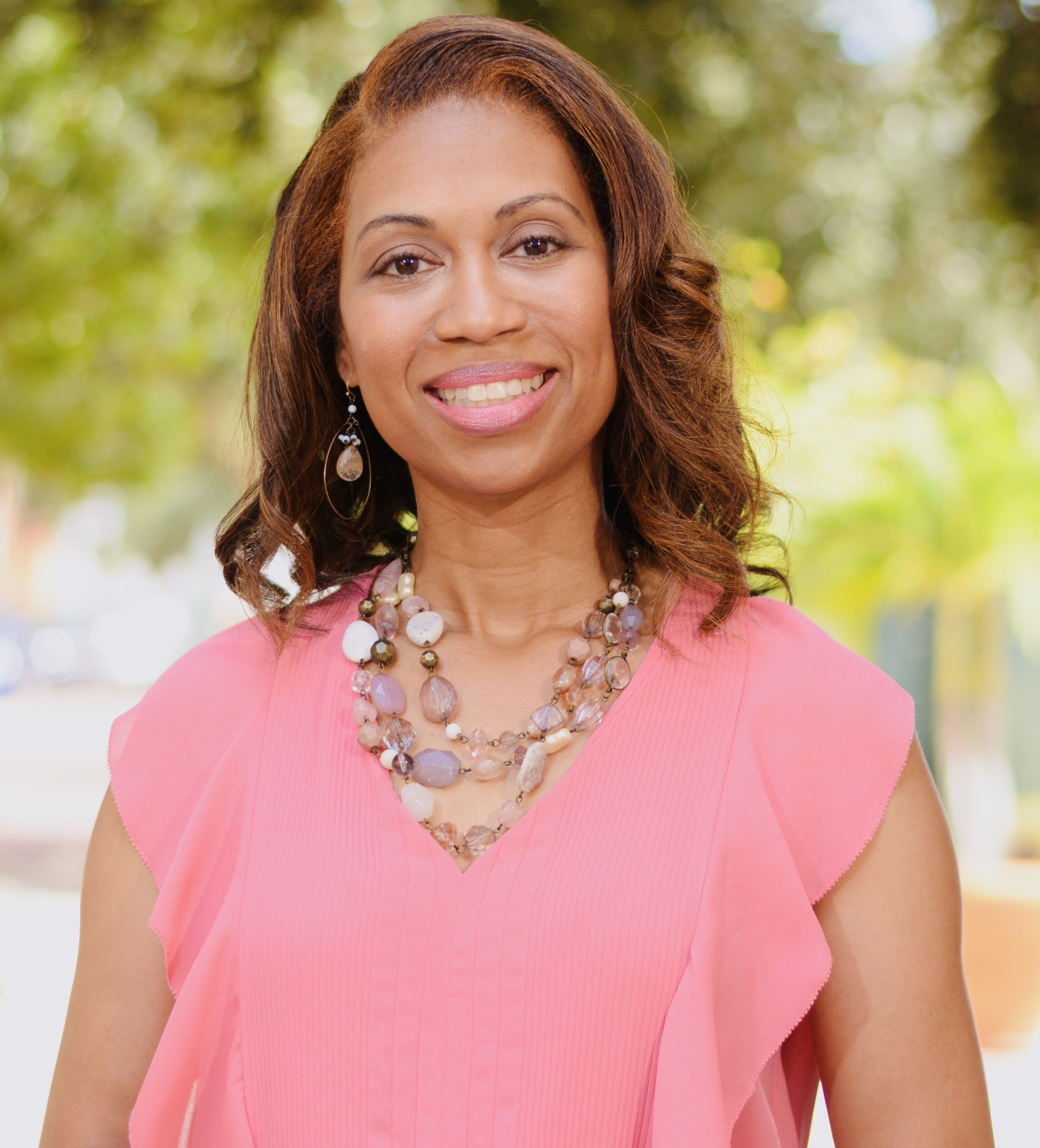2 Ways Christian Educators Can Make a Godly Impact in Public Schools

Ask any aspiring teacher, and I am sure they will acknowledge teaching pedagogy and preparation is vital to the success of being a great teacher. However, there is no amount of talent or giftedness that can replace the purpose and passion that accompanies those who are convinced being a teacher is their calling. Like all callings, it must be developed and nurtured to flourish and yield maximum benefit. In our case, those who benefit most are the students we serve.
Over the years, I have often felt that being in the classroom is my greatest mission field. For those of us who name Christ, we understand being in education is not just a job; it is one of our assignments as kingdom ambassadors. At the mountain of education, there is so much happening on global, national, state, and local levels that require us to be vigilant to our God-given assignment.
No, public schools are not all it needs or should be - there is great work to do. As believers, we understand God works through our hands; He moves through our feet; He reveals Himself through us as we surrender ourselves to Him as catalysts to fulfill His will on the earth. If all of the godly educators were to abandon the public school sector, what condition would it be in, and what would be the ramifications for our children?
Christians (in general) and godly educators (in particular) are the vessels God uses as conduits to this world. Through us, God flows His love and light for others to experience. John 13:35 (ESV) tells us, "By this all people will know that you are my disciples, if you have love for one another." I think this is what it means when we sing that Sunday school song, "This little light of mine, I'm gonna let it shine." Public schools, more than ever, need godly educators who will say, "Yes, Lord. I will let my light shine."
Most importantly, the students we come into contact with, those we have the privilege of impacting their lives, deserve our resolve to show up and contribute a meaningful difference in their world with every decision we are presented to act on their behalf. We will not only leave an imprint upon their head knowledge as they learn academically, but the way we do so can leave an imprint upon their heart eternally. Through them, we also have the potential to make positive, lasting impressions with their families. Ultimately, only God knows how far-reaching our commitment to being godly educators will have in the grand scheme of one individual's life.
This is the season of the year many of us help students transition back to school. I typically offer encouragement to moms from the perspective of how we can support our children or the children God has placed in our path. But this time, I want to offer encouragement to Christian educators. I pray as you read, you are reminded of why you entered the field of education, to begin with. I hope you remember why your career in education matters more about the call of God being fulfilled through you above your personal advancement or gain. I sincerely desire you to feel re-energized about this upcoming school year as you forge ahead with the grit and grace God daily provides you to keep making a difference, one child at a time.
Two Important Ways Christian Educators Can Make a Godly Impact in Public Schools
1. Evidence Fruit of the Holy Spirit
Yes, the Holy Spirit is the third function of the Holy Trinity. Yes, the Holy Spirit can often manifest with supernatural expressions. Nevertheless, one of the most incredible demonstrations of the Holy Spirit is when we see fruit evidenced in the life of a believer. Galatians 5:22-23 (NIV) reveals to us, "But the fruit of the Spirit is love, joy, peace, forbearance (patience), kindness, goodness, faithfulness, gentleness and self-control. Against such things there is no law."
Imagine Christian educators who are so full of the Holy Spirit they actually evidence fruit in their witness to students, colleagues, and the entire school community - I think this is a great place to start.
If I am honest, on more than one occasion, I failed to evidence godly fruit that reflected the Spirit of God. We are all human; sometimes, people can rub you the wrong way. Maybe a colleague didn't mean to sound so offensive. Maybe a student didn't mean to push your button. Maybe a parent didn't mean to come off rude. The reality is that there will always be plenty of opportunities to be offended. But even then, we must choose to walk after the Spirit of God and not our flesh. We will bear fruit that edifies others and honors God when we do.
Those we engage within the field of education - students, custodians, and the list goes on - need to encounter the presence of God through the outflow of our love, joy, peace, patience, kindness, goodness, faithfulness, gentleness, and self-control. If we respond to situations in the same manner people in the world do, then what marks our witness as a Christian? Especially our precious students need real-life examples of what grace looks like. Kids can feel love even if they cannot articulate it (and the opposite of this is true as well). We must be gracious, graceful, and grace-filled as we handle them. God is merciful with us, and we can, in response to His mercy, show mercy to others, especially the students we engage. This is not something we naturally can will ourselves to perform. Instead, it is the result of yielding to the Holy Spirit so that we can evidence fruit that brings God glory.
2. Pray for Your School Community
Prayer is one of the most powerful and precious resources we have. It does not require a public podium. As a matter of fact, you can do it in your secret closet. James 5:16 (NKJV) admonishes us to "Confess your trespasses to one another, and pray for one another, that you may be healed. The effective, fervent prayer of a righteous man avails much." Our effective, fervent prayers are powerful and will not be denied by God.
When you see a need for a student or their family, pray about it. When you are concerned about a colleague, take it to the Lord in prayer. It is not necessary to make a public service announcement. In fact, the person may never know you are praying for them. Prayer is a gift we bestow upon people we love and people we don't like. In order to walk in the fruit of the Spirit, we will need to pray often for others all around us.
But don't forget to pray for yourself too. We need God's help and guidance to know the best strategies and methods to use to reach students. God is faithful to give us wisdom when we ask Him and acknowledge Him as our source. Even when we cannot verbalize our prayers publicly, it does not mean we cannot pray silently or privately. God will see our hearts and answer every time we sincerely seek Him.
Especially where government and legislation that impacts education is concerned, we must pray. In 1 Timothy 2:1-3 (NKJV), it tells us: "Therefore I exhort first of all that supplications, prayers, intercessions, and giving of thanks be made for all men, for kings and all who are in authority, that we may lead a quiet and peaceable life in all godliness and reverence. For this is good and acceptable in the sight of God our Savior."
God does not require us to take political stands but to stand for holiness and righteousness. When we pray, we invite God to move in ways we cannot. Our responsibility is to trust by faith that He will move sovereignly and that His divine providence will prevail. So, let's continue to stand in the gap for those God has given us to intercede for in the educational arena. We can never go wrong when we pray and ask God's will to be done.
In closing, I am reminded of something an administrator once said in a faculty meeting at the beginning of my teaching career: "Guys, when you see a student, especially if you and the student are the only two people passing in the hall, speak to them and smile." This seems so basic, but it communicates to the student, "I see you." All students want to feel known, acknowledged, and loved. As this year marks the entering of my 17th year in education, I leave you with this acronym as I also remind myself to keep a great SMILE with students all school year long:
S - Show
M - Me
I - Intentional
L - Loving
E- Engagement
Fellow public school educators, we don't have to say "Jesus" to show love to students. When we engage with them, we can intentionally cultivate a rapport that conveys our genuine concern for them as a person. If a student leaves our presence affirmed that they are able to win in life - in and outside of the classroom - then we are making the kind of impact that pleases God.

Originally published August 29, 2022.





